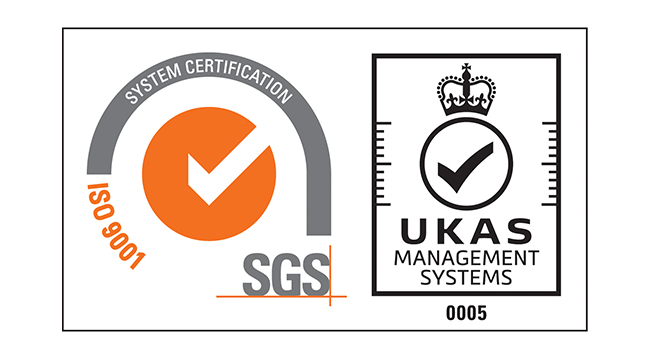LNG FOR TRANSPORT ON THE BRINK OF COLLAPSE

The consequences of the sharp rise in liquefied natural gas (LNG) prices are drastic for hauliers who have invested in LNG trucks. Also affected are policies aimed at making transport more sustainable. This is what the chairs of Bio-LNG platform, Evofenedex and TLN write in an urgent letter to the government.
It is not just people in their homes and the baker on the corner that are suffering from extremely high gas prices: hauliers who have invested in LNG trucks are also being hit hard. The price differential with diesel has now reached 50 cents per kilometre, a difference of €60,000 per year for an average truck driving 120,000 km/year. Small hauliers are simply unable to sustain this.
Help and support for affected hauliers is appropriate and necessary here. All the more so because these hauliers want to be frontrunners when it comes to making heavy goods traffic sustainable. They have stuck their necks out by opting for (Bio-)LNG as a cleaner fuel. They expected – and reasonably so, might I add – the government to reduce and eliminate the uneconomic top end of this cleaner fuel with active sustainability policies and appropriate tools. However, these hauliers are now being presented with the bill, and are in danger of going completely under because of the disruption in energy markets.

SUSTAINABILITY TARGETS UNACHIEVABLE WITHOUT BIO-LNG TRUCKS
The sharp increase in the price differential between diesel and LNG also has very damaging consequences for sustainability policies, which are aimed at reducing CO2 emissions and making freight transport more sustainable. The 1,000 or so LNG trucks currently on the road already run 20-30% on Bio-LNG, reducing ±0.2 Mtonne of CO2 as a result. We point out that, in order to survive, hauliers operating LNG trucks are decommissioning their LNG trucks, and reverting to more polluting diesel trucks.
MEASURES ARE NECESSARY
The Ministry of Economic Affairs and Climate has announced it is working on a subsidy scheme for energy-intensive SMEs, the Energy Cost Contribution scheme (TEK). Although the gas bill for hauliers running on LNG doesn’t come in through the energy supplier, but through the LNG filling station, these hauliers are also among the group of business owners whose gas bills are excessively high. By means of this urgent letter, we therefore call on the minister to include hauliers with LNG trucks in the compensation scheme currently being designed.
In the short term, measures are needed to help hauliers operating LNG trucks survive the current crisis. In addition, long-term measures are needed to create a confidence-building and realistic growth path to 7,000 (bio-)LNG trucks by 2030, and maintain the prospect of achieving the targets set in the Climate Agreement.










